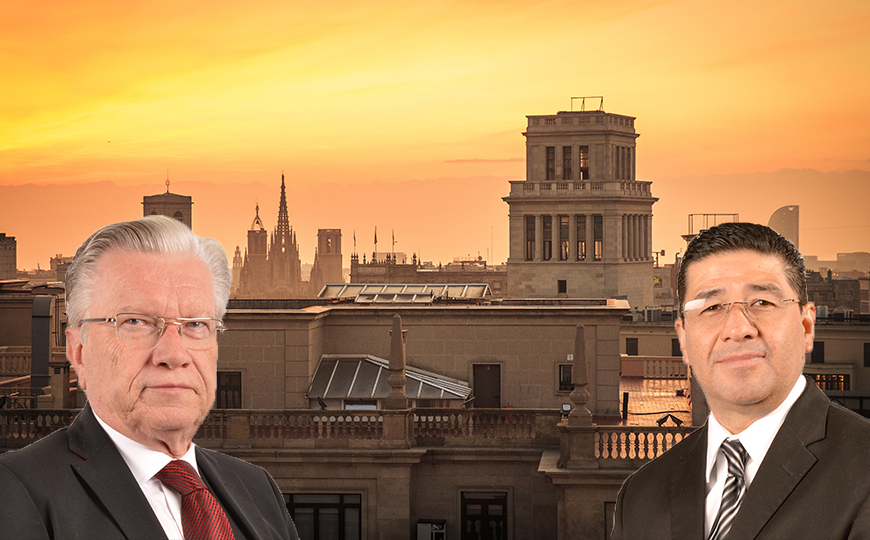On Tuesday, October 10th, in a long-winded, rambling and often incoherent speech to Catalonia’s regional parliament, Carles Puigdemont, accused the central government of Mariano Rajoy of having committed innumerable and intolerable offenses against Catalonia, only to then claim – almost as an aside – independence from Spain. Then, literally eight seconds later, he inexplicably suspended his declaration of independence “in favor of continued dialogue with the central government”. In his speech, Puigdemont called for calm saying: “To these people who are scared, I am with you, I am with those people, I want to calm them. The Government of Catalonia will be firmly with democracy, with tolerance, with dialogue, with respect towards people who disagree with us.” His bizarre discourse left Prime Minister Rajoy so mystified, that he called an emergency session of his parliament and they have now asked Puigdemont to officially clarify whether he really did or did not declare the independence of Catalonia in his perplexing speech.
From the perspective of Constitutional Law as well as International Law that is a crucial aspect in determining what further actions the government of Spain would be entitled to take. Essentially, Rajoy’s options are limited to three:
1) He can apply Article 155 of Spain’s Constitution of 1978 by first of all demanding that Puigdemont reverse his declaration of independence and end his government’s rebellion against the constitutional order within a specified period of time. This he could do in only one day. If the response is negative, Rajoy would have to convene Spain’s Senate in plenary session to authorize the cancellation of all aspects of Catalonia’s regional autonomy, dismiss all of Catalonia’s government functionaries and govern the region directly from Madrid.
2) His second option would be to use Article 116 of Spain’s Constitution to declare a state of national emergency, which would permit the suspension of fundamental political rights as well as most civil liberties under direct Emergency rule from Madrid.
3) Finally – and that would be the “nuclear option” – he could invoke Article 8 of the Constitution which would permit the use of Spain’s armed forces “to guarantee the sovereignty and independence of Spain, to defend its territorial integrity and the constitutional order. This step would almost certainly lead to widespread violence and intolerable bloodshed in near civil war conditions.
It is a fact that the decision of Catalonia to separate from Spain had catastrophic repercussions for the economy of that region, which is a suspicious surprise because suddenly many companies decided to simply leave Catalonia. Was there any kind of threat on the part of the Spanish government towards the companies located in Catalonia? Did they offer them such good conditions in the rest of Spain as to change their corporate headquarters? What will happen to the jobs of these companies? Will unemployment increase in Catalonia? The declaration of independence has also had repercussions for multinational companies like BIMBO, the Mexican bakery company, that decided to leave Catalonia. Did Bimbo receive any preferential treatment from the Spanish government to make such a decision? Because the costs to make changes to headquarters are very high and for a company to do so, there must be substantial benefits to make that decision, that is, it is not so easy to make a change of strategy at the international level unless there is a threat or, a very nice deal!!. The truth is that, the dreams of freedom in Catalonia have had a high cost not just for Spain itself but also worldwide.




